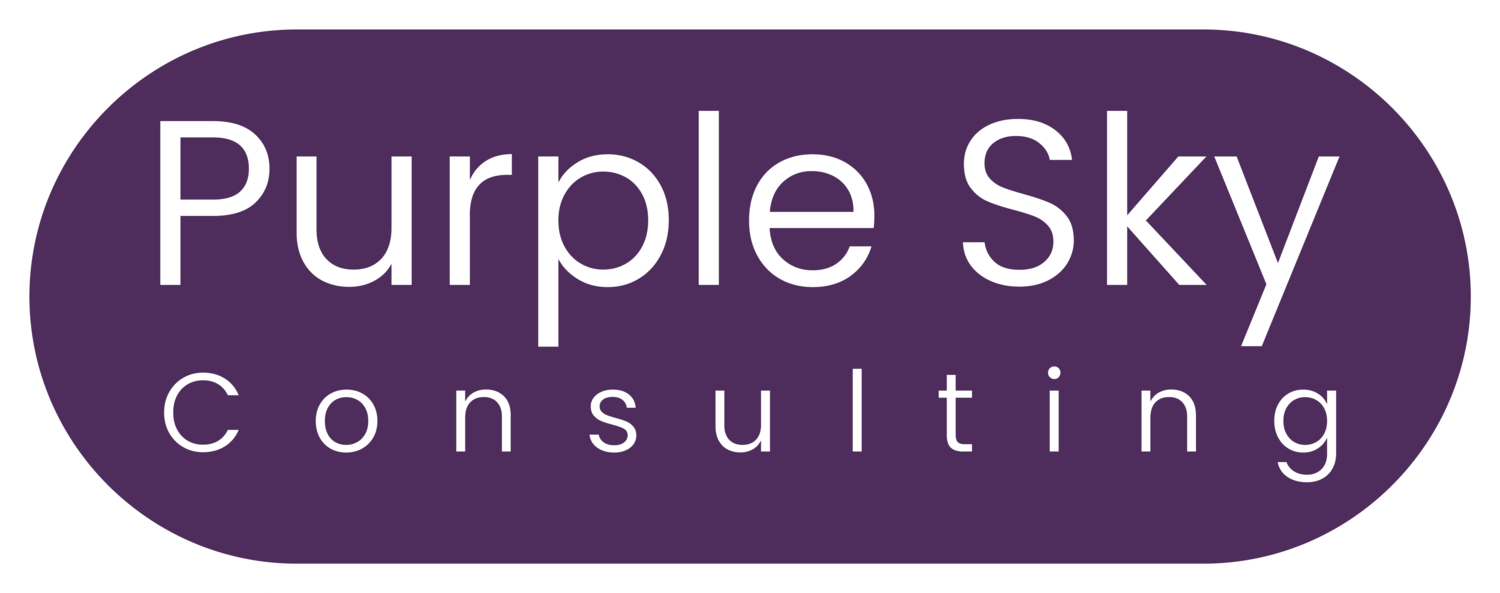Is Onboarding a critical part of your Employee Experience?
They’ve accepted the job yippeeeee!!
You’re delighted, and they’re excited!! I imagine you want to keep it like that.
You don’t want to risk losing them to a counteroffer or being tempted away with another opportunity.
This is where your Onboarding mindset kicks in. Are you treating Onboarding as the good old-fashioned induction or as a critical part of your Employee Experience strategy?
Whilst your induction will cover the basics when they arrive on day one an Onboarding Experience starts right from the moment of the offer and is about building a relationship and a commitment beyond the recruitment process.
You might be somewhere in between but if you aren’t clear about where Onboarding fits – then it’s time to take notice!
Why?
Because your Onboarding Experience matters.
They aren’t going to get to fully explore and benefit from the wider Employee Experience you’ve created and invested in if you don’t get them to stay.
When you consider that 23% of new starters have left within 12 months and nearly 50% by year 2, then there is a high risk of this being a reality for you and your organisation.
Better onboarding improves retention by 82%.
So…how highly is your Onboarding Experience prioritised in your overall Employee Experience strategy?
Consider these questions:
Do we have an Onboarding Experience?
When does the Onboarding Experience really start?
What’s the aim of our Onboarding Experience?
How do we want people to feel because of it?
Who gets access to an Onboarding Experience?
I’m going to share my take on these questions to help you explore this further. They are really useful questions to start understanding the mindset you have towards Onboarding and to explore if it is getting the right attention based on the impact getting it right has.
Do we have an Onboarding Experience?
This sounds like a simple one – it is to a certain extent.
How you respond may be influenced by whether your organisation already has identified what this means in your context.
For me, it’s being able to say yes to the following:
When people join you, move roles or return to roles do they have an experience that truly sets them up for success.
An experience that engages, enables, and empowers them so they quickly get to a point of confidence and performance.
There’s a structure and acknowledgment that supports the person to get to this point successfully.
This is about it being an experience and not just a compliance, box-ticking activity.
So, do you have an Onboarding Experience?
When does the Onboarding Experience really start?
For a brilliant Onboarding Experience, you need to be answering – “From when they say, yes!”
This ranges from making sure all the basics get done right e.g., the contracts and paperwork so they don’t get cold feet, through to continuing to build on the relationship that has been formed at the recruitment process or whilst they were away.
Taking care here and having an experience mindset will reduce the likelihood of you losing them before they start.
What’s the aim of our Onboarding Experience?
This will be different for different organisations; What is it you want to achieve as a result of paying attention to your Onboarding Experience?
You will need to have compliance elements completed but is compliance the one and only aim of your Onboarding?
This is where you can fully connect to your overall Employee Experience strategy.
By getting clear on this, for everyone, it will help guide your decision making and priorities.
You may find you have lots to do…try not to get overwhelmed. Set the aim, start working on laying the path bit by bit and you’ll get there.
How do we want people to feel because of it?
Consider your answers so far. What do they tell you about the experience you want to build and how you want the experience to feel.
Of course, this is about getting from accepting the role to achieving a level of confident performance but how to you want them to feel along the way?
This is a great place for you to consider how your Onboarding Experience can be part of the Inclusion and Well-being priorities of your overall Employee Experience.
Ultimately, what needs to be happening so that people are choosing to stay and are successfully engaged, enabled, and empowered?
Who gets access to an Onboarding Experience?
Mainly, when Onboarding is discussed, it pays most attention to new people joining the organisation – this is where most of the research studies focus too.
If you go back to the aims you identified for your Onboarding Experience, who else should be considered?
How about?
Those moving internally to new roles?
Those returning to their previous role or a new role after a period away from the business?
Who else could benefit from being acknowledged as needing an Onboarding Experience?
Often, we rely on those who’ve already worked in our organisations to just cope or manage those transitions for themselves. If we want people to have more inclusive and connected moves or returns, paying attention here will benefit them but also the organisation.
By taking the time to review where you are and what you want to achieve with your Onboarding Experience, you can fully assess the value of it to your overall Employee Experience Strategy. On its own, Onboarding is incredibly important and powerful for employee engagement, performance and retention, but as part of the overall experience, it can be a real star in your organisation’s Employee Experience Strategy.
Need some help exploring where you are with your Onboarding Experience – then you might be interested in my Onboarding Experience Reviews or my Discover Your Onboarding Experience Workshops.
Get in touch at anwen@purpleskyconsulting.co.uk







